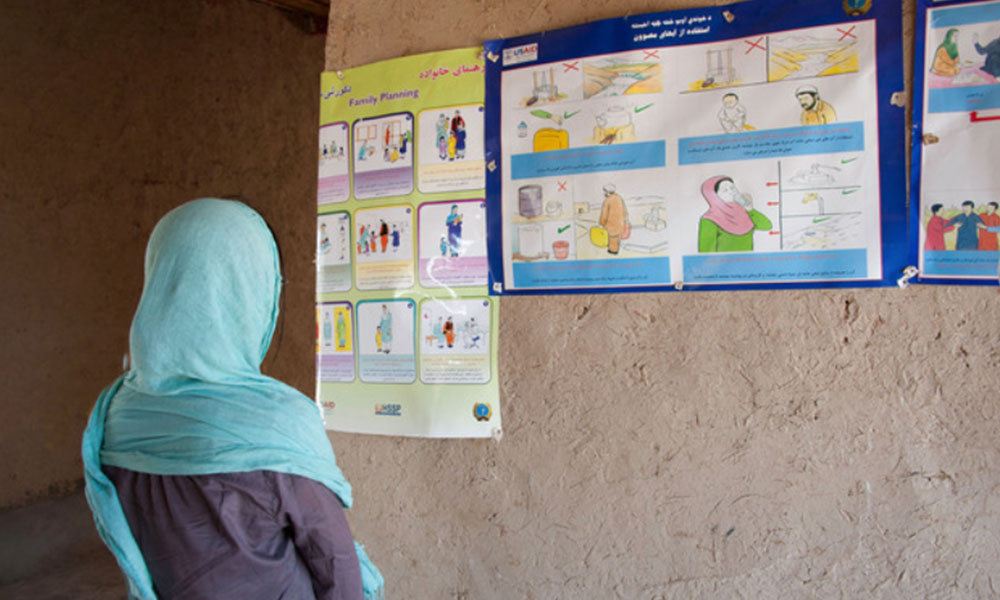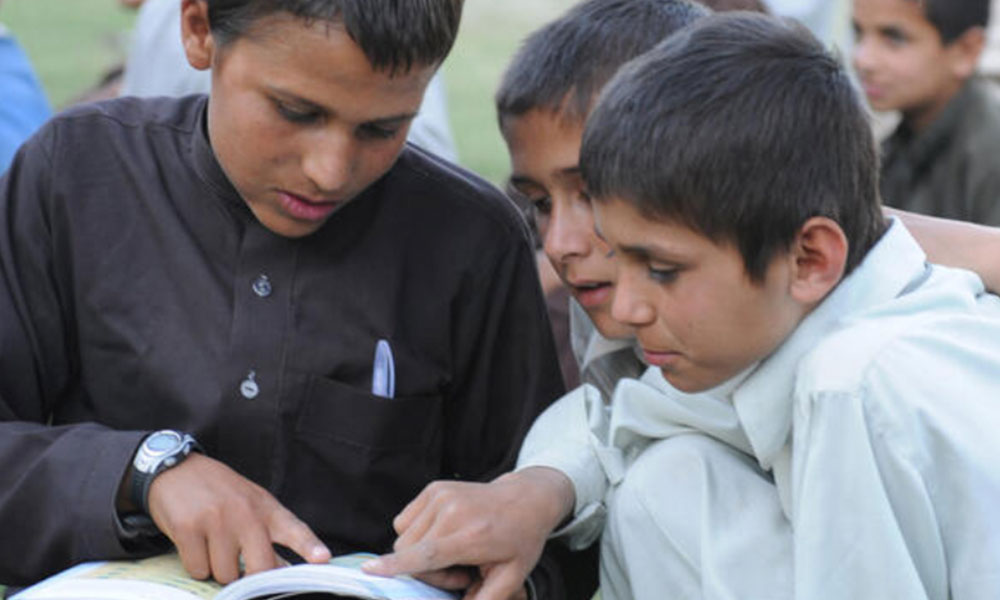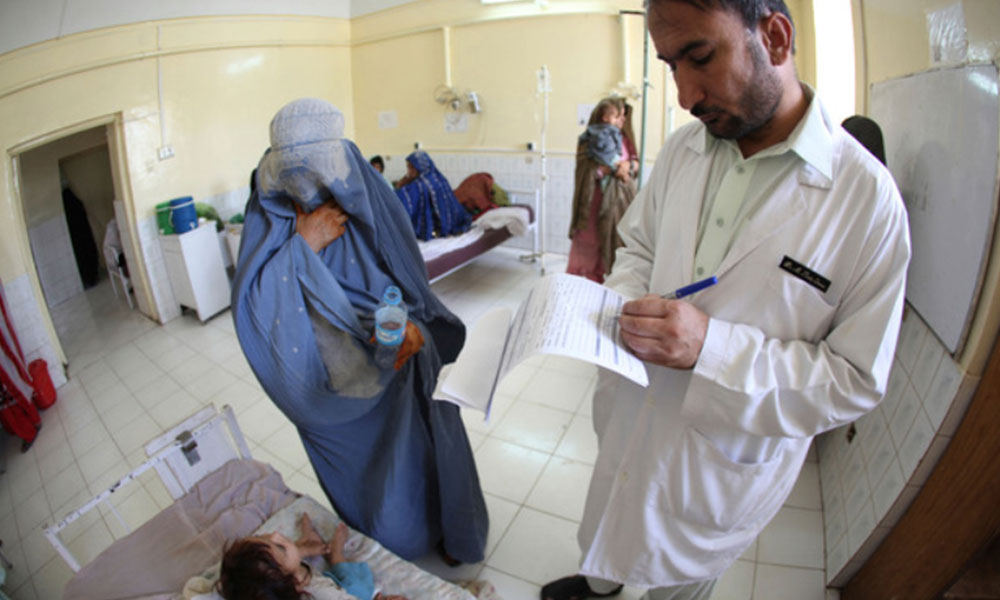Our Initiatives
Strategies and Programs
Importance of Skill Development
Skill development stands as a linchpin for economic prosperity and job creation in Afghanistan. PDAPA’s initiatives are strategically designed to address the pressing skills gap, particularly focusing on individuals from marginalized communities. By enhancing employability, these programs contribute not only to individual success but also to the overall economic growth of the nation.

Focus Areas
PDAPA's commitment to skill development spans across diverse industries, recognizing the unique needs and potential of each sector. Our initiatives target manufacturing, IT, healthcare, and hospitality, ensuring a holistic approach to skill enhancement. Furthermore, PDAPA places special emphasis on empowering specific groups such as women, youth, and persons with disabilities, acknowledging the transformative impact this can have on both individuals and their communities.

Programs
The versatility of PDAPA's skill development programs is a key strength. Whether through vocational training programs, skill acquisition, or entrepreneurship training, PDAPA provides tailored solutions to meet the dynamic demands of the Afghan workforce. Collaborating with NGOs, government agencies, and educational institutions, these programs are implemented with precision, ensuring a comprehensive and inclusive approach.

Evaluation
PDAPA recognizes the importance of measuring the impact of skill development programs. Rigorous evaluation mechanisms are in place to assess the effectiveness of these initiatives. Metrics include the number of individuals trained, their employment outcomes, and the quality of the training provided. This commitment to evaluation ensures that programs evolve to meet the ever-changing needs of the Afghan workforce.

Collaboration
PDAPA firmly believes in the strength of collaboration. By fostering partnerships between companies, NGOs, and government agencies, PDAPA harnesses collective resources and expertise. These alliances facilitate the creation of tailored skill development initiatives that address the unique challenges faced by the community, fostering sustainable and impactful change.

Reporting
Transparency is paramount in PDAPA's approach to skill development. Companies engaging in skill development initiatives are required to report on their activities in their annual reports. Comprehensive reporting includes details on the number of individuals trained, the types of training provided, and the tangible outcomes of the program. This commitment to transparency ensures accountability and inspires confidence in the impact of skill development initiatives.

Conclusion
PDAPA's unwavering commitment to skill development emerges as a beacon of hope, illuminating the path toward a more prosperous, inclusive, and empowered Afghanistan. Through strategic initiatives, thoughtful collaboration, and transparent reporting, PDAPA endeavors to shape a future where every individual has the skills and opportunities needed to thrive in the evolving landscape of the Afghan workforce.
